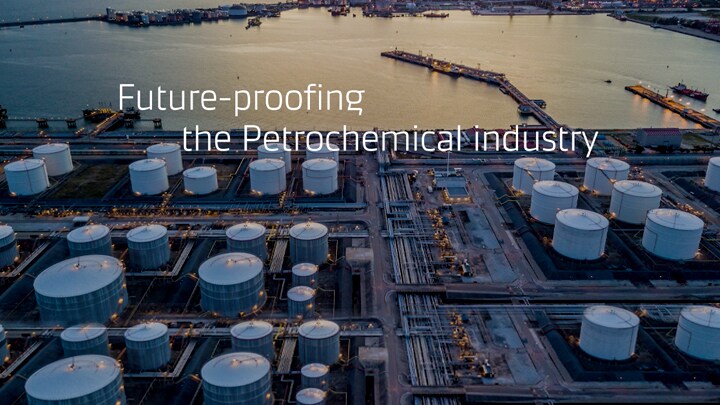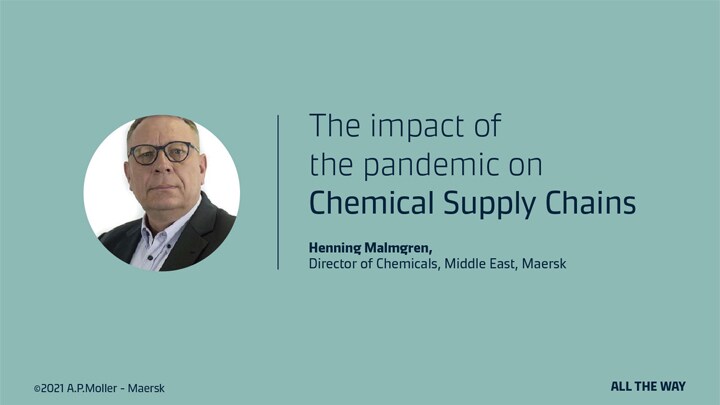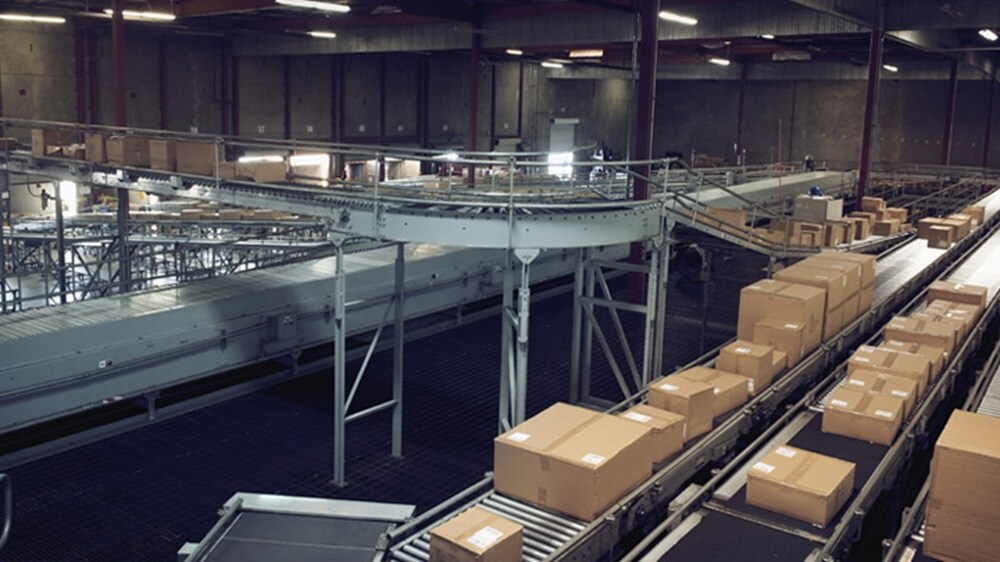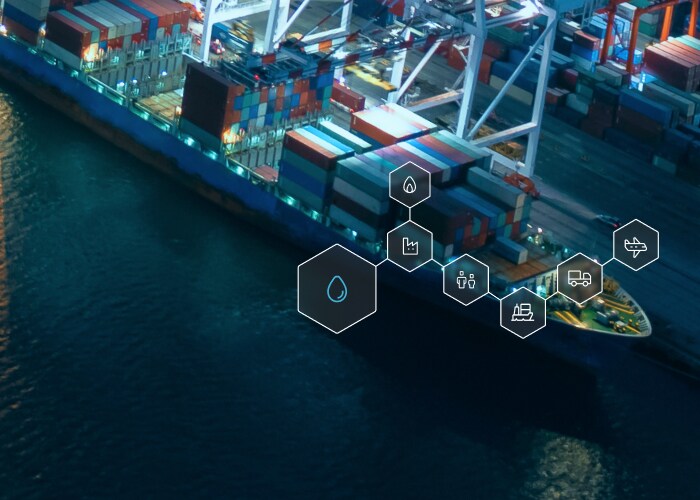
設計您的化學品物流,以獲取一致的效能
選擇整合式物流,可以靈活地、發揮韌性、安全移動化學品貨物。
Procurement’s impact on chemical GHG emissions
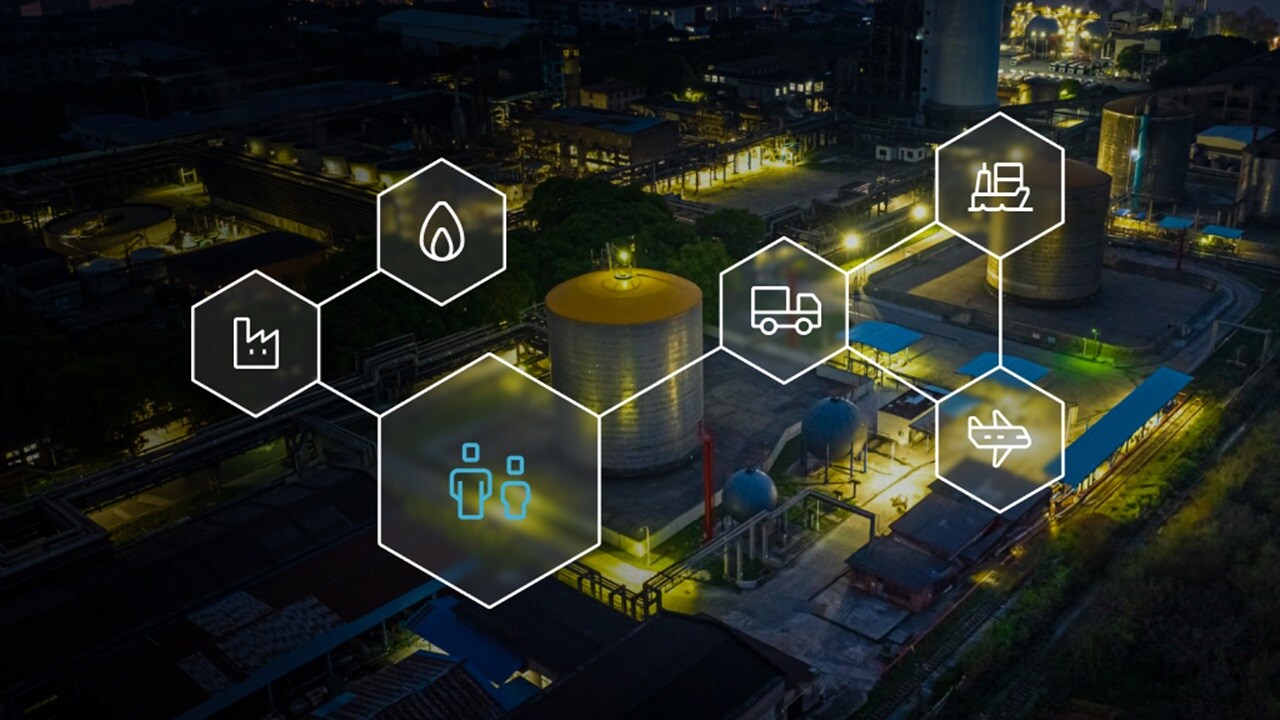
Forging alliances to combat GHG emissions together
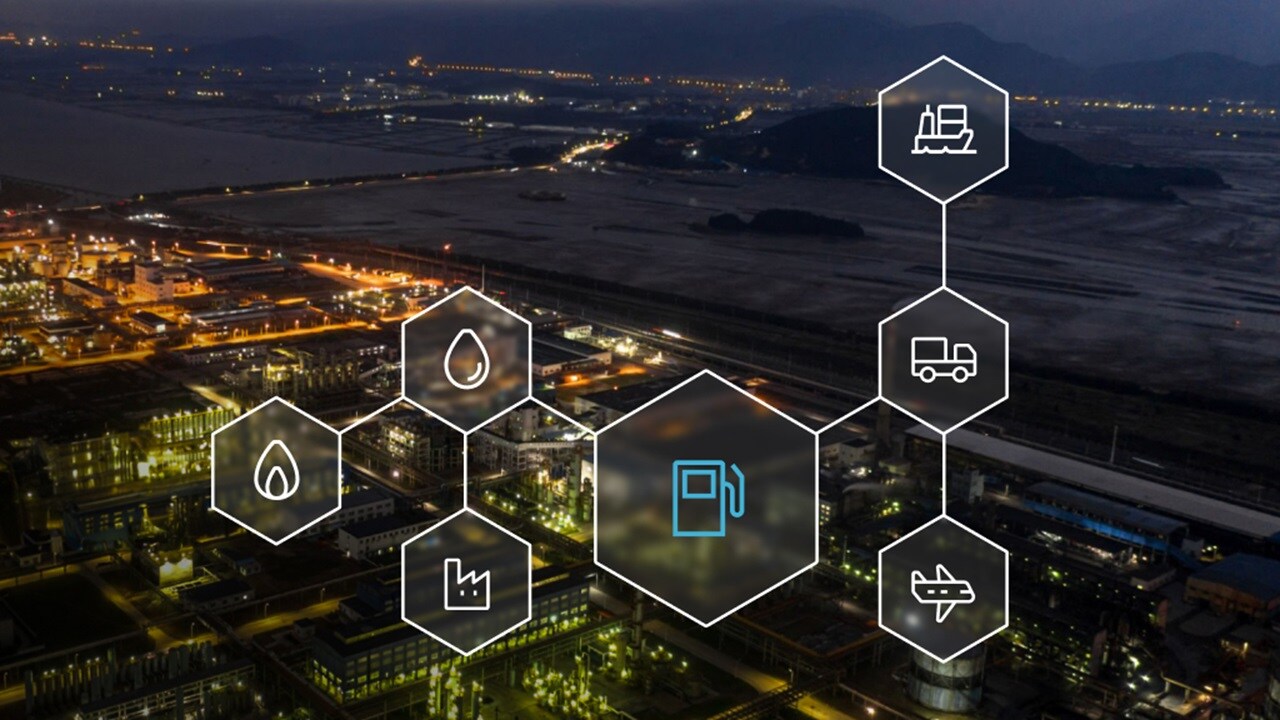
Reduce your greenhouse gas emissions impact with logistics solutions
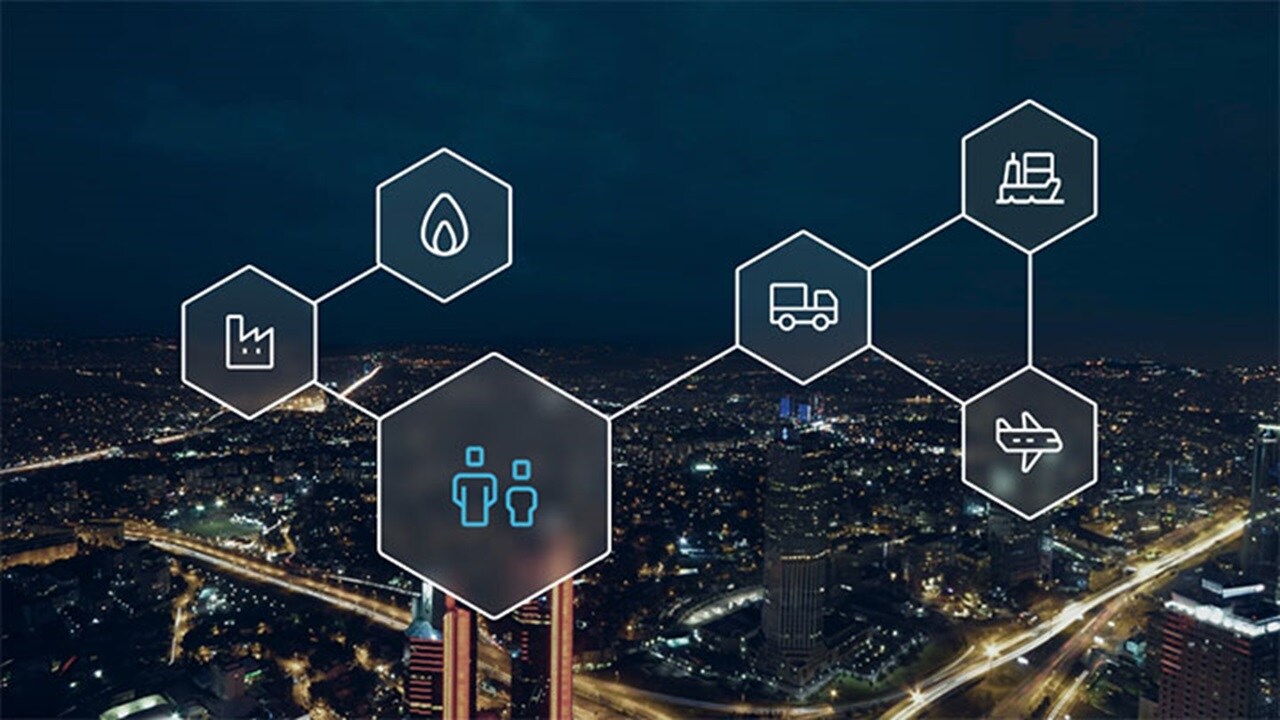
Why cutting greenhouse gas emissions is good for business
Some leading chemical companies have realised that investments in decarbonisation measures can actually generate savings. However, a recent survey of over 500 chemical companies, conducted by FT Longitude and Maersk, reveals that only 20% of these businesses are aware of the fiscal benefits of reducing greenhouse gas emissions. Our article reveals more facts.
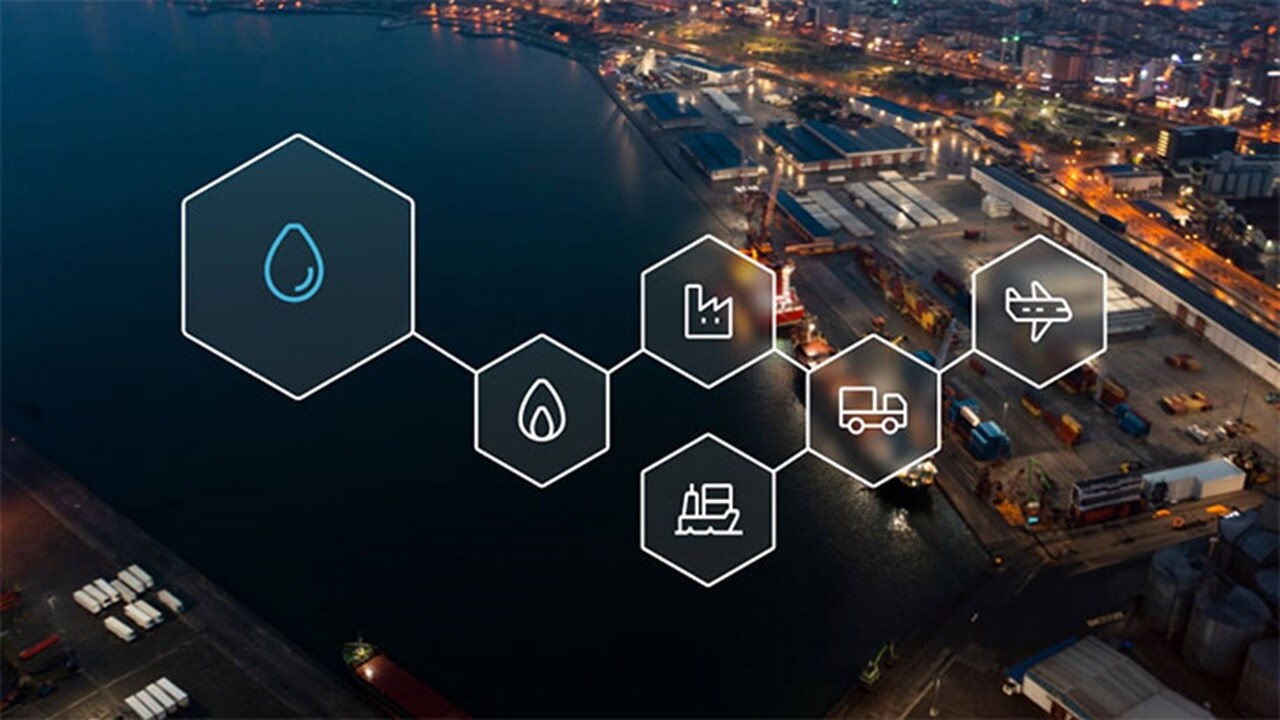
How to tackle supply chain GHG emissions in the chemical industry
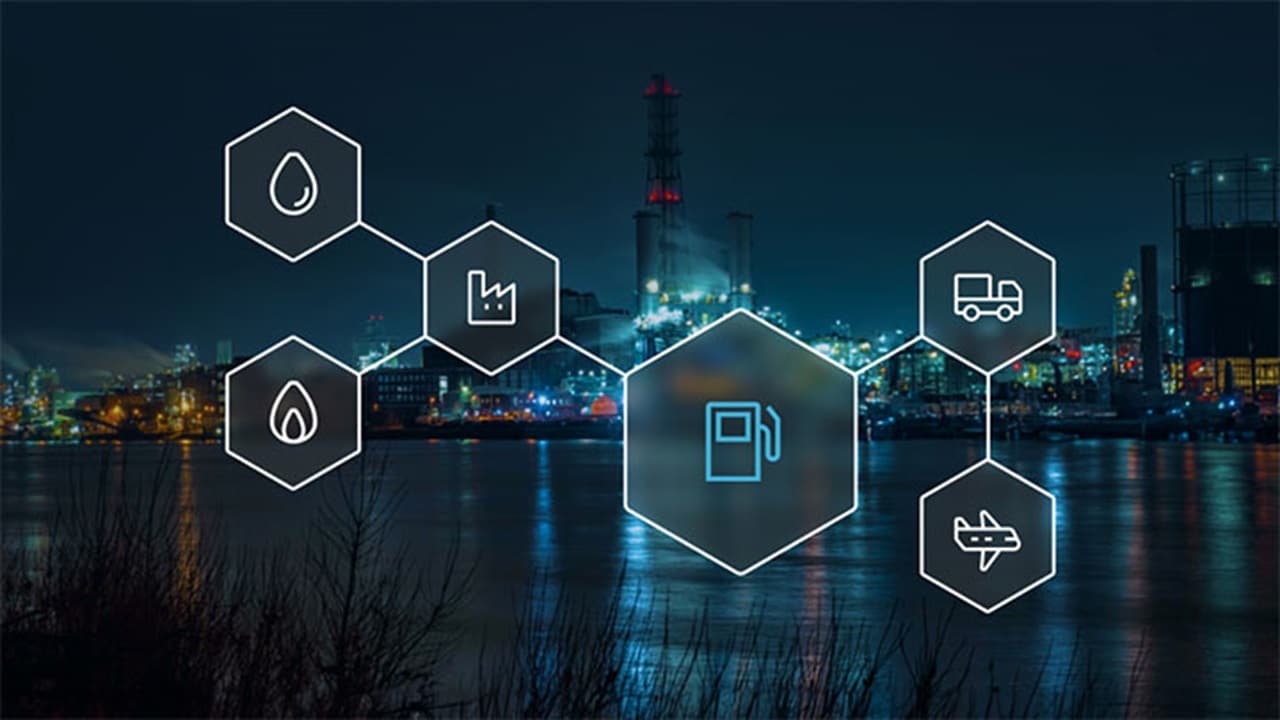
The key role of Maersk Lead Logistics with DG Assist in reducing landed costs in chemical supply chains

How Maersk Global Trade and Customs Consulting can help build cost-effective chemical supply chains

Build a chemical supply chain that can handle fluctuating demand with Maersk Flex Hub

Maersk champions a new technology era for predictive logistics in the Chemical industry

Navigating regulation and compliance in the chemical industry

沙烏地阿拉伯國家石油公司如何透過馬士基的 4PL 解決方案推動其業務?
沙烏地阿拉伯國家石油公司是世界頂尖的石化公司,其供應鏈遍佈全球。沙烏地阿拉伯國家石油公司希望降低複雜度,以透過更高度的控制和端對端直觀資訊,無縫監控整個供應鏈的物流。該公司與馬士基建立夥伴關係並採用我們的 4PL 解決方案,協助他們最佳化跨地點的庫存管理、獲得關鍵業務見解,加快做出決策、縮短進入關鍵市場的前置時間,並透過持續績效監控來執行正確的改善方案。

疫情對化學品供應鏈的影響
新冠肺炎對化學品產業造成了難以想像的影響。由於全球不同地點的邊境關閉和限制,我們的客戶必須找出降低供應鏈風險的新方法。隨著合作、創新的存貨解決方案和全球化組織的增加,他們正面臨著這些挑戰。
我們根據化學品產業客戶有關疫情對物流的影響,以及他們如何因應變化的討論,整理出一份白皮書。馬士基中東化學品主管 Henning Malmgren 在最新的化學品 VLOG 中提出幾項重點,歡迎您從中探索更多資訊。
Lessons from the pandemic that are influencing strategy in 2021
The Covid-19 pandemic has disrupted Chemicals supply chains in unexpected ways, highlighting new challenges for our customers. At the centre of every solution we provide are customer needs. That’s why we have quickly taken the first step towards understanding them, by interviewing them and learning about how they have been uniquely affected by this unwavering pandemic.
This whitepaper brings together the key themes from these interviews with added perspective from our regional colleagues, Chemicals team and market research. It uncovers the key areas of focus for Chemicals supply chains in 2021 including the need to accelerate digitalisation, as well as insight into how Maersk was able to adapt and keep customer businesses moving despite land border closures. We expect this white paper to act as a catalyst for conversations in the Chemicals industry that drive evolution in its best practices with respect to supply chain management and logistics services.

您可能也感興趣的内容:
讓我們將您的供應鏈從一端到另一端進行簡化和連接,從而充分發揮您的潛力。
